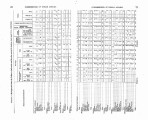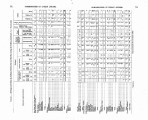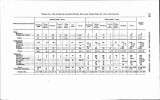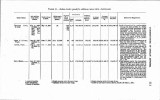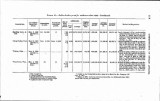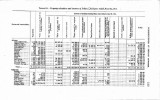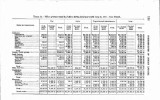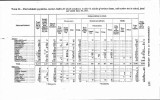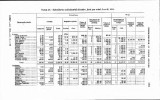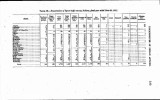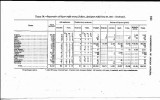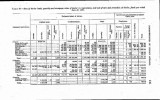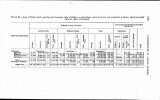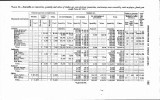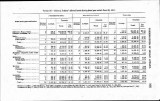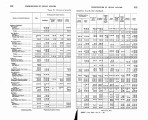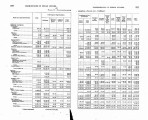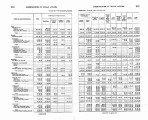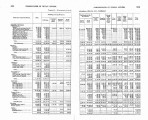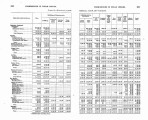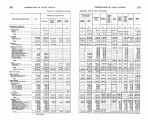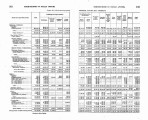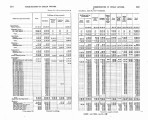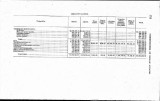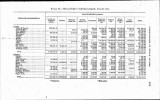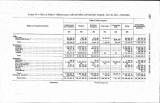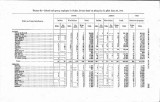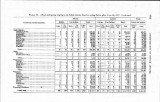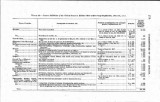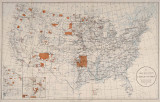| OCR Text |
Show 44 COMPnfSSlb?S8B OF INDIAN AWLFFAIRS. Creek Nation about $86,000, and 94 lots have also been recovered, worth approximately $60,000. " STATE IND&WB. In the fiscal year investigations were made concerning the status of several detached groups of Indians who have long been more or less independent of Government supervision. It is noteworthy that in many cases these Indians have worked oqt for themselves, with some assistance from tbeir States, problems which the service has still to meet in other pasts of the field. The Catawba Indians of South Carolina have for some time a-deavored to enlist the assistance of the United S t a b in their affairs. They belong to Siouan stock, and are the survivors of a division of Indians which in the last century included about 28 confederated tribas. A special agent reported that, without objection from the Federal Government, the State had assumed sovereign rights over the tribe and its former landed interests. As early as 1763 the provincial government had carried on negotiations, and given the tribe a r e ervation 15 miles square; under subsequent acts of the State legis-lature these lands were leased for rentals that appear to have brought _ from $2,500 to $5,000 a year. In 1840, by another treaty, the State atkempted to extinguish the Indian title in return for lands else-where. The State asLsserts it has paid the tribe since 1840 a total of $86,900. The governor of South Carolina, has recently been au-thorized by the State legislature to investigate the requests of the Indians for more land and assistance. At present the Catawbas occupy a reservation of about 630 acres on the west bank of the Catawba =ver. The chief, a full-blood, is a well educated man. According to his list there are 97 persons descended from Indian mothers and 13 from white mothers, a total population of 110 entitled to tribal recognition. There are also a few Catawbas among the eastern Cherokees in North Carolma, some of the same stock now live in Oklahoma, and a few are scattered in other States. Among the Catawbas in South Carolina the special agent found no indication of tuberculosis or of trachoma; these people are in re-markably good health. They have almost lost their own language, using English. They are punctual in meeting financial obligations, a d among their white neighbors have an excellent reputation for W t y an d for observance of the law. The appropriation act of July 29,1848 (9 Stat. L., 264), provided for the removal of the Catawba tribe, South Carolina,-to the Indian country west of the MiEsiiippi. Although the records indicate that some attention was given to their removal, and that some members of |













































































